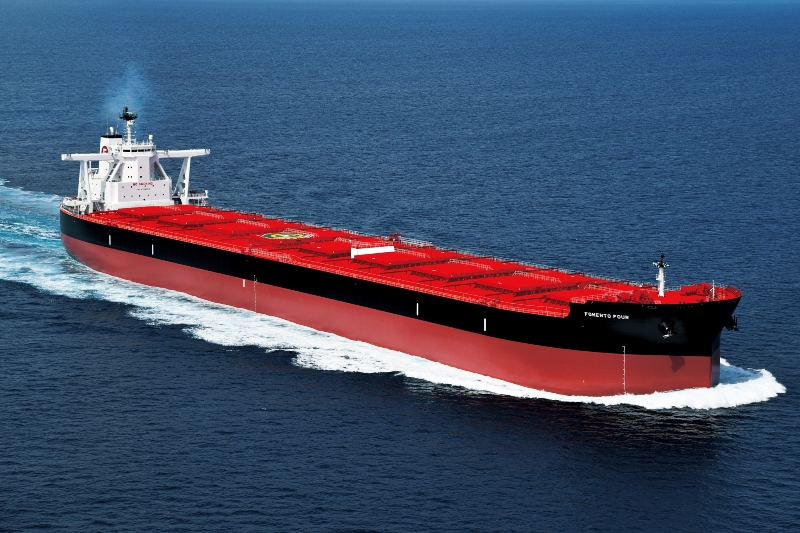Oil & Gas 360 Publishers Note: Earlier this week we ran a story about BHP exporting coke coal from Australia to Asia, and not have the fossil fuel count against the BHP Co2 emissions under their goal to carbon free operations. Here is some key tidbits from this week’s news stories: (1) Coke coal is used in making steal; (2) most of the new tankers and bulk haulers are built in Asia; (3) the new tankers are being built for LNG fuel to reduce Co2 emissions by 30%. As in the Hollywood game “Six Degrees of Kevin Bacon” that was popular in 2007, the Energy 360 team is creating the “2 Degrees of Natural Gas”. We are working on the details and writing several papers, and the link between natural gas and renewable power generation is undeniable. Stay tuned.
Australia’s BHP said Friday it had awarded a tender for world’s first LNG-fuelled Newcastlemax bulk carriers to Eastern Pacific Shipping, with the aim of reducing greenhouse gas (GHG) emissions by more than 30 percent per voyage.
Eastern Pacific Shipping (EPS) has been awarded the five-year time charter contract for five LNG-fuelled Newcastlemax bulk carriers to carry iron ore between Western Australia and China from 2022. The LNG bunkering supply contract is expected to be awarded in October 2020.

BHP Chief Commercial Officer, Vandita Pant, said the LNG-fuelled vessels would virtually eliminate SOx (sulfur oxide) emissions and significantly reduce CO2 and NOx (nitrogen oxide) emissions.
“As one of the largest dry bulk charterers in the world BHP recognizes the role we play in working with our suppliers and customers to drive actionable reductions in GHG emissions across the maritime supply chain,” Pant said.
“The tender marks a progressive shift for BHP and the broader mining and shipping industry and is a significant step toward lowering GHG emissions in the 1.5 billion tonne iron ore seaborne market,” Pant said.
Pant said BHP expects the introduction of LNG-fuelled vessels will result in more than 30 percent lower CO2-e emissions on a per voyage basis compared to conventional fuel along the Western Australia to China route.
EPS CEO Cyril Ducau said: “When these vessels deliver in 2022, they will be the cleanest and most efficient in the entire dry bulk shipping fleet and will be IMO 2030 compliant, eight years ahead of schedule.”




